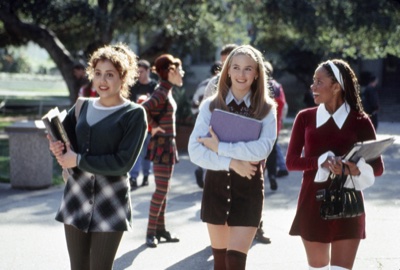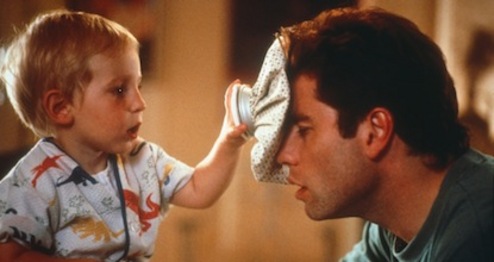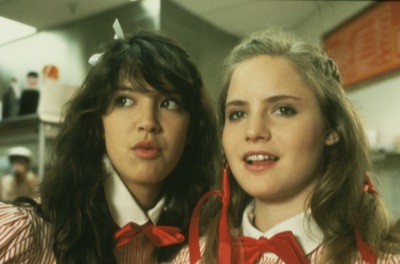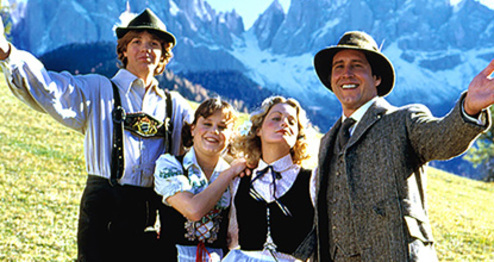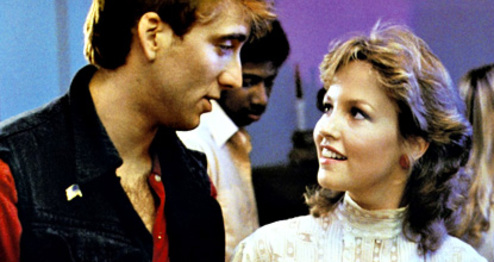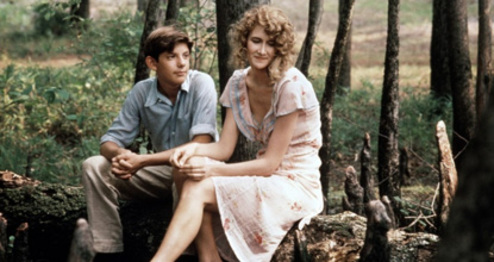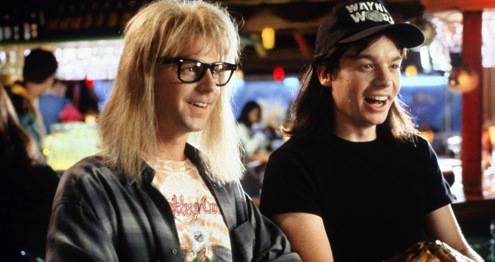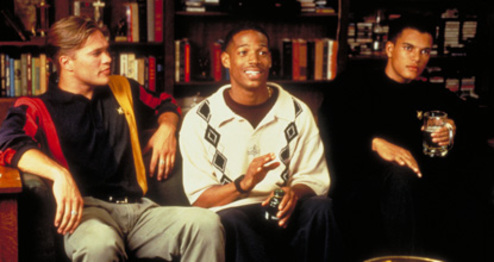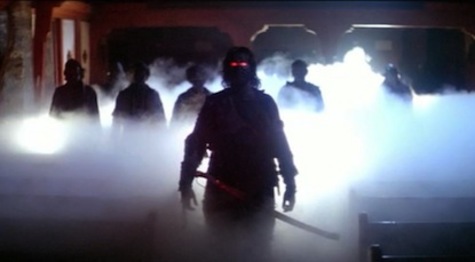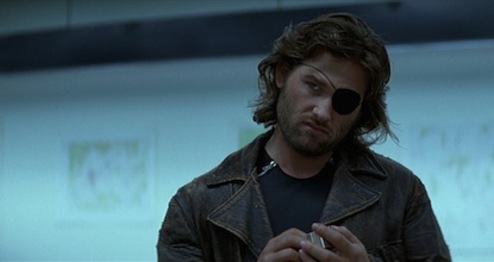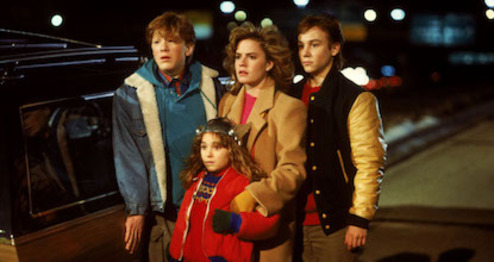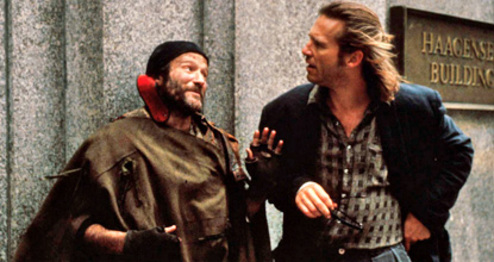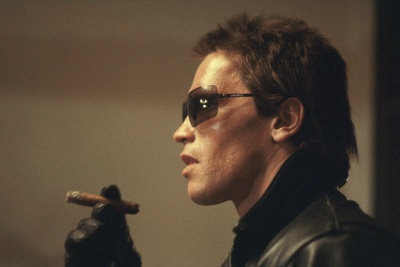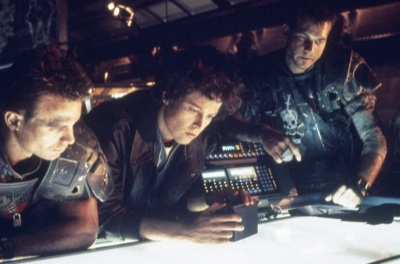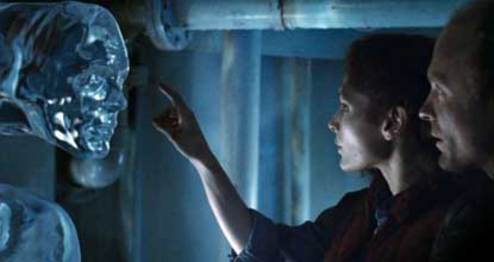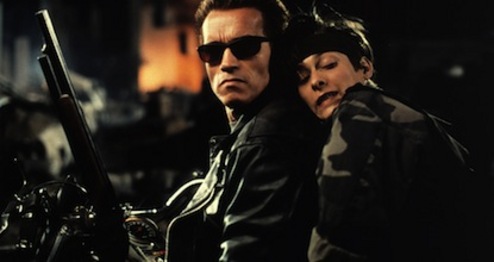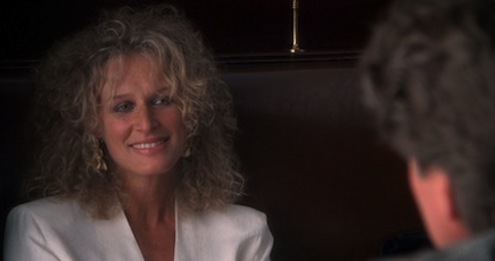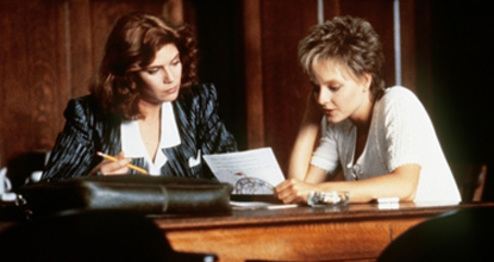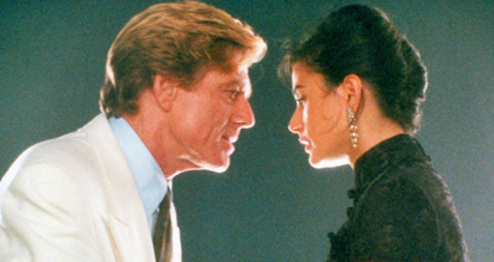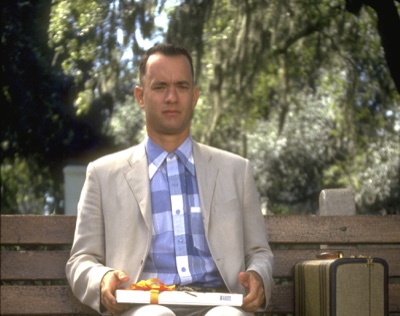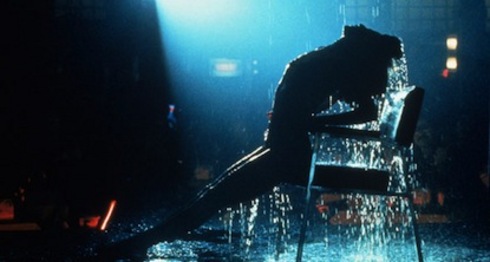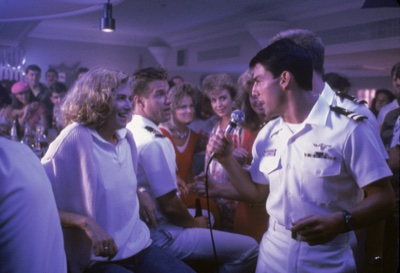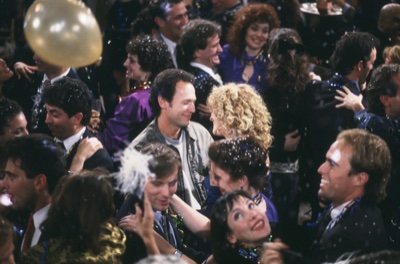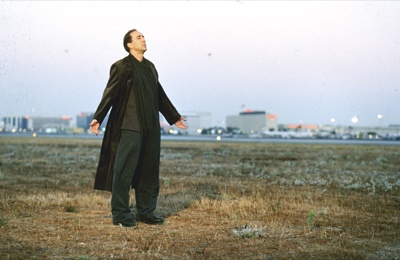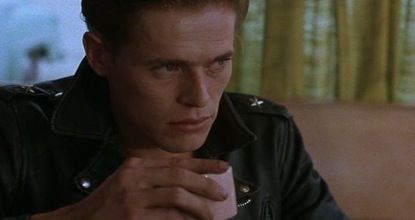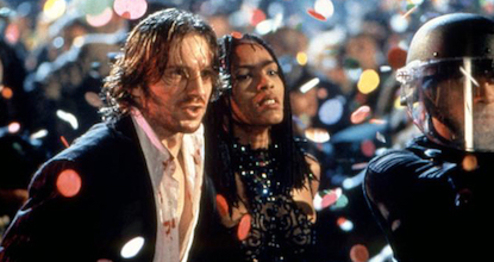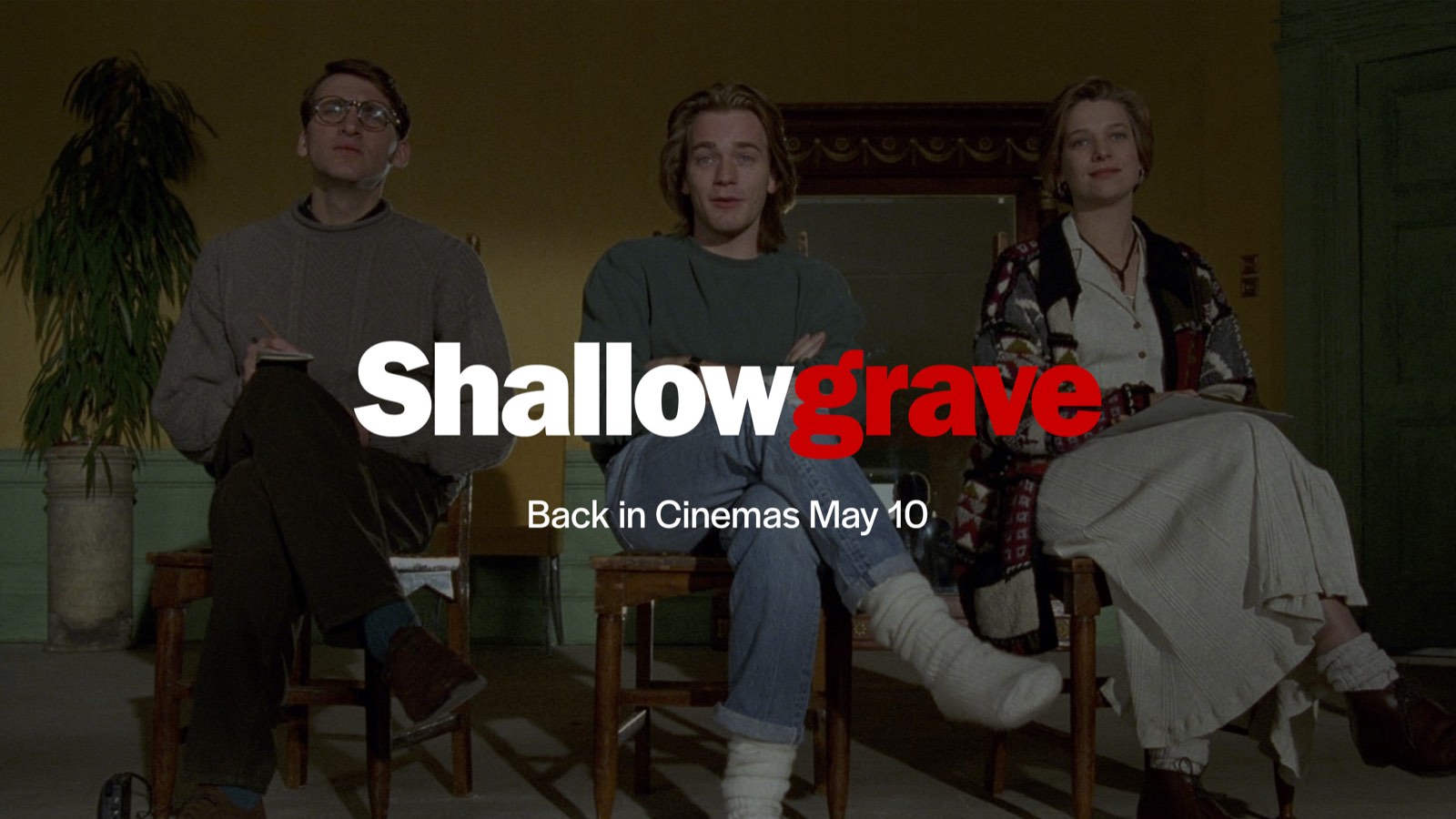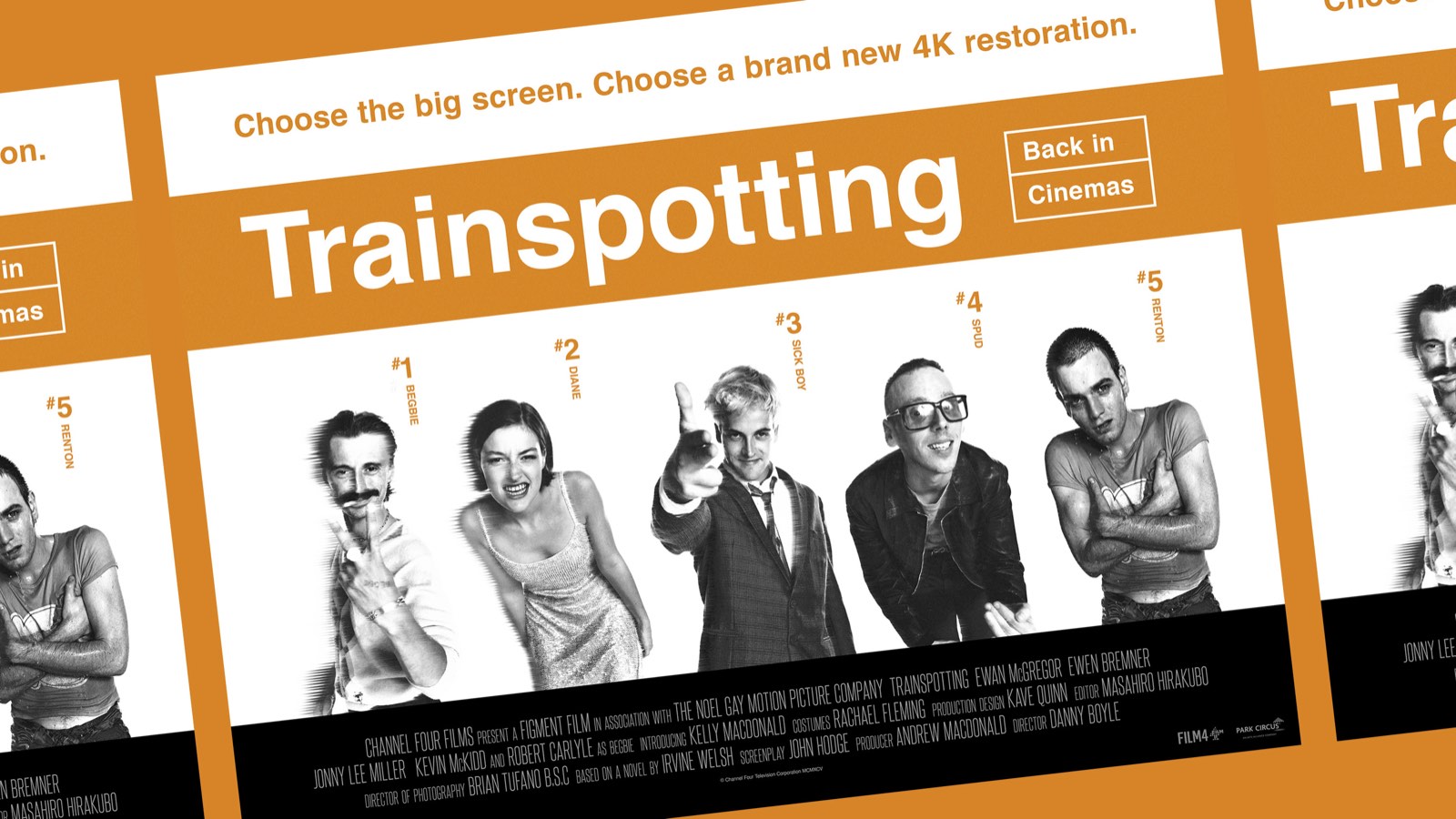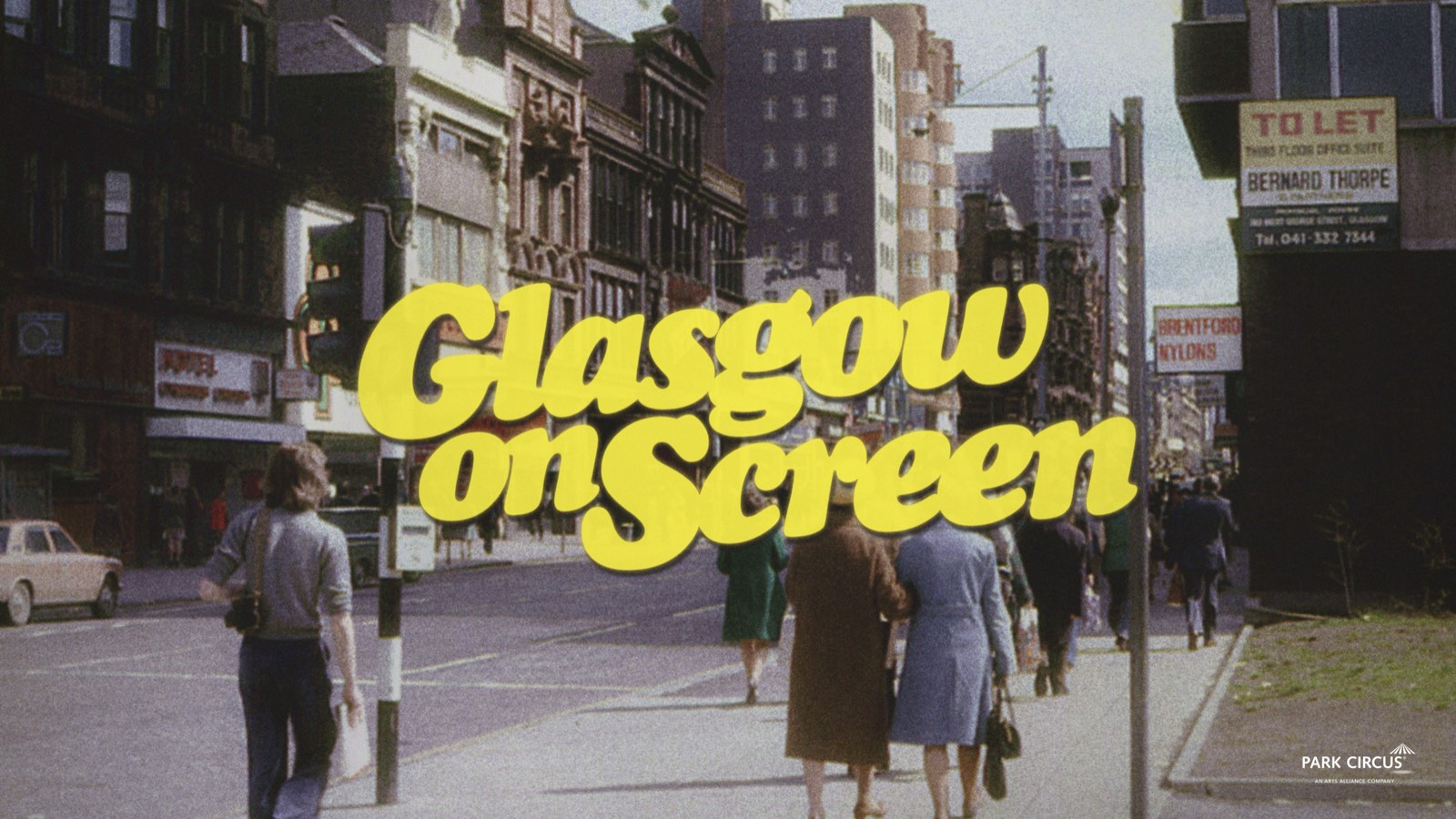
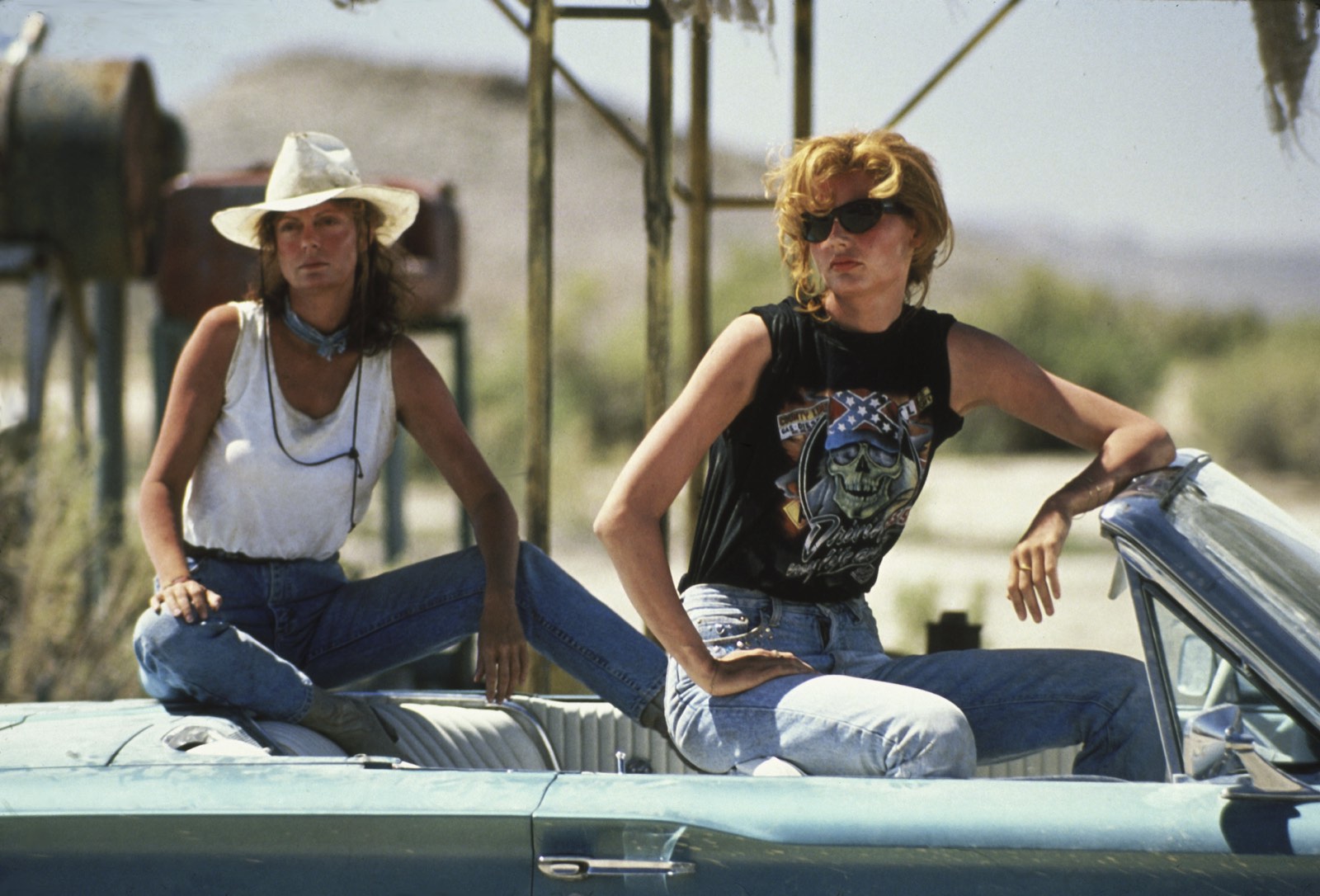
We asked independent programmer and historian Rebecca Nicole Williams to curate a special collection from the Park Circus catalogue for our Spotlight on Women throughout the month of March.
Rebecca, aka Celluloid Sorceress, programmes around London and beyond and is known for her deep dives into American cinema of the ’70s, ‘80s and ‘90s. Here she takes us through some of the women directors, screenwriters, producers, studio executives, and actors who were key to her early cinema experiences.
As a young cinephile in the 1980s, very early on I got used to the most prominent characters on screen who happened to be women being consigned to the roles of wives, girlfriends, sidekicks, love interests, mothers, daughters, victims and other figures generally designed as a plot device or antagonist; always second, third, fourth or incidental fiddle to the men playing the lead.
While there were many great women actors in those roles you could look to for inspiration my eye often turned to the names of those behind the camera. This is a very 80s-centric list and there are undoubtedly glaring omissions, but these are the women in film at that time whose names stood out and spoke to me during my formative cinema years.
I discovered Amy Heckerling when I was 13. She directed the sequel to what remains one of my favourite comedies. National Lampoon’s European Vacation (1985) remains hit or miss, and although she also directed the box office smash Look Who’s Talking (1989) (and its sequel) Heckerling’s best regarded works are her takes on the American High School. 1982’s Fast Times at Ridgemont High taps into the comic observation of Cameron Crowe’s book, written undercover at a real high school, and mines its wonderful cast for some career breaking performances including Jennifer Jason Leigh, and Sean Penn as iconic stoner surf dude Jeff Spicoli. A decade or so later Heckerling would return to High School to define it for the cinema of the ‘90s with Clueless (1995), her landmark adaptation of Jane Austen’s Emma.
After many years working as a documentarian Martha Coolidge also broke into Hollywood via a teen comedy. Valley Girl (1983), a major landing for Nicolas Cage, is a movie about the mallrat scene in the sleepy San Fernando Valley and the excitement that awaits just the other side of Laurel Canyon over the hills in Hollywood. A director very adept at capturing the emotional growth of young people stepping nervously into the wide world of relationships, Coolidge also directed mother and daughter casting combo Diane Ladd and Laura Dern in the marvellous period piece Rambling Rose (1991), which came from the unlikely-seeming producer Renny Harlin!
When it comes to the darker side of greater Los Angeles youth culture the ultimate voice was that of Penelope Spheeris. Her 1983 feature drama Suburbia (1983) chronicles the life of the young, displaced and homeless in the City of Angels. But ultimate metal comedy Wayne’s World (1992) is a natural fit for the iconic punk director who so perfectly captured the Sunset Strip’s Metal years in Part II of her documentary trilogy The Decline of Western Civilisation (1981). Senseless (1998) is Spheeris’ troubled 1998 Miramax production which sent her back to documentaries after a successful run as another reliable woman director of comedy.
Moving away from directors for just one moment I want to look at a few producers. Firstly, the late Debra Hill, best known for her work with John Carpenter on many of his films including The Fog (1980) and Escape from New York (1981). I’d like to highlight Hill’s partnership with another woman producer, Lynda Obst. I’m very fond of Chris Columbus’ directorial debut Adventures in Babysitting (1987), a teen comedy with a rare (for the time) strong lead part for a woman, in this instance the wonderful Elizabeth Shue. Lots of people will also have a lot of love for The Fisher King (1991), not least for Mercedes Ruehl’s Oscar winning performance!
While I was growing up on the work of John Carpenter and Debra Hill another director/producer team of that era made their importance felt. James Cameron’s frequent collaborator Gale Anne Hurd is co-writer and producer of The Terminator (1984) and producer of Aliens (1986), The Abyss (1989) & TVs The Walking Dead. Hurd remains active as the founder of Valhalla Entertainment, formerly Pacific Western Productions, a company credit emblazoned on my brain from the mighty opening to Terminator 2: Judgment Day (1991).
It would be unjust not to also explore some landmark executive appointments. In 1980 Sherry Lansing became head of 20th Century Fox, making her the first woman to lead a Hollywood Studio. Lansing had stepped back from her career as an actress to explore the wider filmmaking process. With producing partner Stanley R. Jaffe, she produced Fatal Attraction (1987), The Accused (1988) and Indecent Proposal (1993) at Paramount Pictures who offered her their chairmanship in 1992. Many of Paramount’s biggest hits were produced under Sherry Lansing including Forrest Gump (1994) and Titanic (1997) and she became the first woman executive in Hollywood to receive a star on the Walk of Fame and to imprint her hands in the forecourt of Grauman’s Chinese Theater.
After working in merchandising for Playboy magazine and then managing her own company in that field, Dawn Steel became Director of Merchandising and Licensing at Paramount in 1978. By 1985 she was rising through the production ranks on the strength of hits such as Flashdance (1983) and Top Gun (1986). Columbia Pictures released Nora Ephron’s essential When Harry Met Sally (1989)…during Steel’s presidency there and Meg Ryan starred in Steel’s final production City of Angels (1998), on which she receives her last posthumous credit, having passed away in 1997.
I’m going to end where I began, back on my favourite directors but far away from the comedies of Heckerling, Coolidge and Spheeris. Of course, with my cinematic tastes I can only be talking about Kathryn Bigelow. The only woman to win the Academy Award for Best Director! Bigelow was essential ‘80s, with the cult triple whammy of Near Dark (1987), Blue Steel (1989) and Point Break (1991). Playing with the boys’ toys through a decidedly female gaze Bigelow’s impact on cinema is indisputable in films such as the Oscar winning The Hurt Locker (2009) and her directorial debut The Loveless (1982), a wonderfully off beat homage to biker movies of the 50s and Beat sensibility full of images any Twin Peaks fan will be feeling hard. And while you’re there why not look at her under-seen sci-fi classic Strange Days (1995), with the amazing Angela Bassett?
That’s just(!) 28 of the classic movies that were brought to you by women, whether you knew it or not. Of course, being me this list can’t end before I check one of my top five favourite films and make it 29. One I saw back in 1991 when it was hailed as the dawn of a new era for women in the film industry. Whether that new era came, is here today or is yet to be, Thelma & Louise (1991) remains a landmark for women in film, with its iconic performances from Susan Sarandon and Geena Davis and its Oscar winning script by Callie Khouri. Thanks to Park Circus I have been able to screen Thelma & Louise more than once, and from 35mm too! One day maybe I will again. I hope so. Maybe International Women’s Day 2021. Who knows?
Check back next week for our collection of picks from women in the film studies department at Queen Mary University of London and keep an eye on our social media for more of our Spotlight on Women month!


